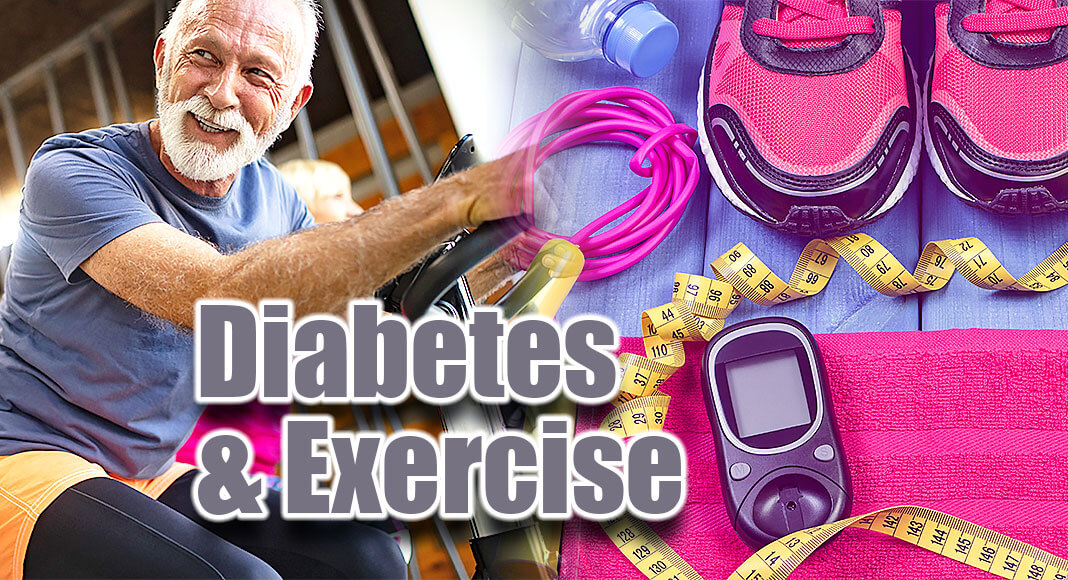
Mega Doctor News
Newswise — CHICAGO —Many people with type 1 diabetes struggle to exercise safely while keeping their blood sugar levels within a healthy range, according to a study presented Thursday at ENDO 2023, the Endocrine Society’s annual meeting in Chicago, Ill.
“Managing high and low blood sugar levels before, during and after aerobic exercise remains one of the greatest challenges for people living with type 1 diabetes,” said lead researcher Joseph Henske, M.D., of the University of Arkansas for Medical Sciences in Little Rock, Ark. “This study provides a number of key insights into the degree to which published guidelines and recommendations surrounding exercise with type 1 diabetes are understood and implemented in the real world.”
To assess the implementation and awareness of these guidelines, the researchers created an online survey which was posted to social media groups limited to adults with type 1 diabetes who run, jog or walk for exercise. The survey was completed by 102 adults with type 1 diabetes. All respondents exercised regularly: 68% reported exercising four or more days per week, with an average of 23 miles per week.
Nearly all of the respondents (97%) reported using continuous glucose monitors, and 75% used insulin pumps. Their diabetes was generally well-controlled: the self-reported average HbA1c, a blood test that measures average blood sugar levels over the past 3 months, was 7.1% (the goal for most people with diabetes is 7% or less).
Despite being under a physician’s care, most respondents felt they had learned about diabetes and exercise on their own. The survey found 80% reported learning about diabetes and exercise mostly from “trial and error,” 46% from social media, 32% from their medical team, and 28% from online searches. Some used multiple methods.
The survey found 27% of respondents reported ongoing fear of hypoglycemia as a significant barrier to exercise, while 36% reported noticing increased glucose variability because of exercise. In addition, 19% of respondents reported having hypoglycemia unawareness, which occurs when a person with diabetes does not experience the usual early warning symptoms of low blood sugar such as sweating, trembling, butterflies in the stomach, tingling, numbness and rapid pulse.
Despite published guidelines, 73% reported that they exercised even if they had severe hypoglycemia in the last 24 hours; 74% did not perform testing for diabetic ketoacidosis (DKA), a serious and potentially deadly complication of diabetes, even when they had very high and unexplained blood sugar prior to exercise; and 49% reported not wearing diabetes identification during exercise.
“This survey demonstrated that many people who live with type 1 diabetes, despite being tech-savvy and engaged, passionate about exercise, and seemingly well-controlled based on hemoglobin A1c, are still struggling to exercise safely without high and low blood sugar,” Henske said. “We hope to increase awareness of published guidelines regarding exercising with diabetes and help create better practical educational tools.”
Endocrinologists are at the core of solving the most pressing health problems of our time, from diabetes and obesity to infertility, bone health, and hormone-related cancers. The Endocrine Society is the world’s oldest and largest organization of scientists devoted to hormone research and physicians who care for people with hormone-related conditions.










